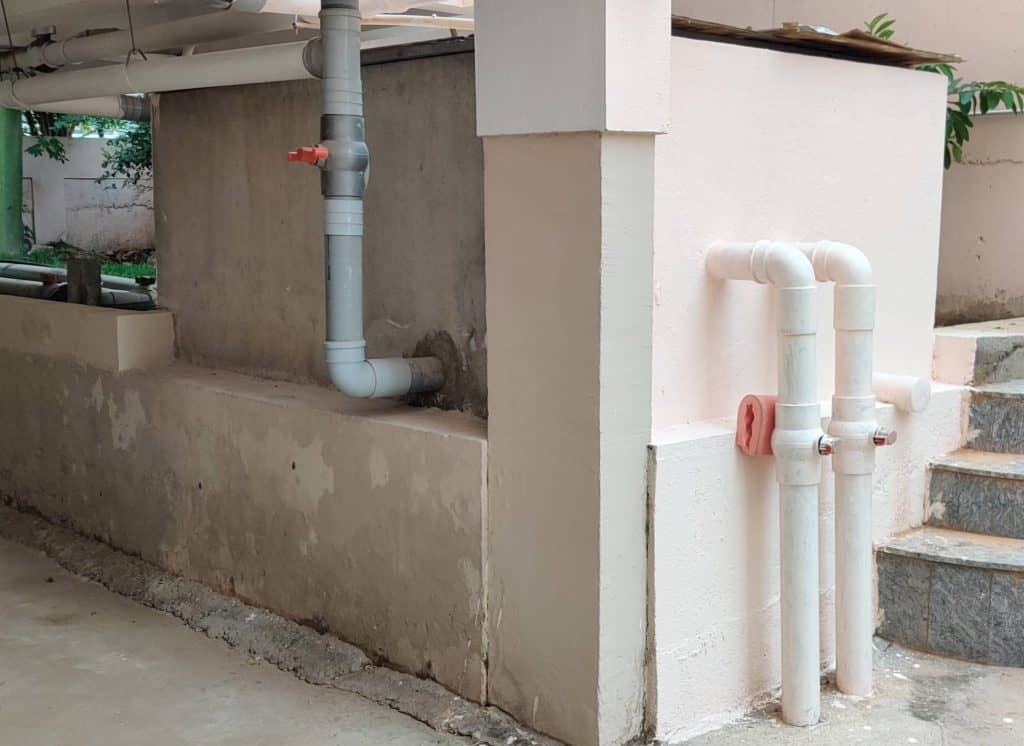City had most cybercrimes, second-highest murders in 2020
According to the ‘Crime in India-2020’ report by the NCRB (National Crime Records Bureau), Bengaluru was the city with maximum number of murder cases in south India last year (179). Among all 19 metropolitan cities in the NCRB list, Bengaluru is second to Delhi, which reported 461 murders.
The reasons for the murders spanned from petty quarrels to illicit relationships. Kamal Pant, Commissioner of Bengaluru City Police attributed the high number of cases to swelling population and unbridled growth of the city.
Bengaluru also reported the highest rate of cybercrimes; of the cybercrimes reported from all metros, Bengaluru’s share was 47.6%.
Source: Deccan Herald, Bangalore Mirror
100% single-day rise in COVID cases
On Wednesday, Bengaluru Urban recorded 462 new COVID cases, which was a 100% increase over the 231 cases recorded on Tuesday. Officials said that the increase in cases was because of accounting for backlog as well increased testing. On Thursday too, Bengaluru Urban was the district reporting the most number of cases (308) in Karnataka.
Meanwhile, a report by the state TAC (Technical Advisory Committee) for COVID noted that the second wave is still ongoing “at a low level”, with 1,200 to 1,500 cases daily across the state.
Source: Deccan Herald, Indian Express
133 mutations found in genomic sequencing
The genomic sequencing results of samples from COVID-infected people in Bengaluru showed that the Delta variant (B.1.617.2) and its sub-lineages AY.4 and AY.12 were dominant. The researchers from Strand Precision Medicine Solutions also noted that 133 mutations were found overall.
The results are based on 384 samples, collected with the help of BBMP. The same lineages were noted among children, vaccinated and non-vaccinated too. About 52% of the samples with the Delta variant were from people aged 19 to 45. In the same age group, sub-lineages AY.4 were found in 34% and AY.12 in 13%.
The researchers recommended to the government to monitor the increase in the frequency of mutations, since it might be a signal for a new variant which may not be covered by vaccines.
Source: Indian Express
Read more: Preschools, daycares disappear into COVID gap; Govt indifferent
Schools asked to report symptomatic students
BBMP has asked all schools to report students having COVID symptoms for two consecutive days, on the recommendation of its paediatric expert committee. BBMP aims to ensure that the children and parents are quarantined, tested and treated, and to also vaccinate everyone interacting closely with symptomatic children.
The infection rate among children is still low, at only 7.2% among those aged between 0 and 12 years, and 8.2% among those between 13 and 18 years, said a health official.
Source: Deccan Herald
Corruption allegations against lab
Bengaluru-based laboratory Auriga Research, which conducts COVID tests at the Kempegowda International Airport, denied corruption charges and said it was ready to face any probe. During a discussion in the Legislative Assembly, MLAs N A Haris and Vinisha Nero had alleged that travellers had to pay excess charges or bribes for the test reports.
Meanwhile, fake COVID vaccination certificates and test results of 29 countries, including India, are being sold on Telegram, as per a report by Check Point Research, an organisation focusing on cyber security. One fake vaccination certificate can be sold for about $75 (Rs 5,520).
Source: Deccan Herald
Bill to make RWH mandatory for large properties
The Bangalore Water Supply and Sewerage (Amendment) Bill, that makes it mandatory for large properties to install rainwater harvesting (RWH) infrastructure, was passed in the Legislative Assembly. As per the law, buildings with sital area between 2,325 and 10,763.9 square feet need to set up RWH structures for storage, use and groundwater recharge. Also, upcoming and existing buildings with sital area not less than 10,763.9 square feet should provide both dual piping system and RWH structures.

The Bill noted that the step would help reduce dependence on Cauvery water, and reduce urban flooding and water pollution. It would also enable the water board to handle the peak-summer demand for water.
Source: Deccan Herald, The Hindu
Read more: Biodiversity loss from mega real estate projects: What is missing, what can be done?
No flyover on ORR will be demolished: BMRCL
No flyover on the Outer Ring Road (Central Silk Board – KR Puram) will be demolished for Metro construction, said BMRCL (Bengaluru Metro Rail Corporation Limited). However, of the five foot-overbridges in this corridor, two will be affected for now.
Source: The Times of India
5 lakh to be jabbed on Friday
To achieve the five-lakh target of the mega vaccination drive on Friday, BBMP chalked out a micro plan, instructing ward-level officials to set up at least 10 vaccination sites in each ward. The sites were to total to 2,178. PHCs (Primary Healthcare Centres) were to jab people between 8 am and 8 pm, while other outreach sites were to work between 8 am and 5 pm. Four lakh doses of Covishield and one lakh doses of Covaxin were to be administered.
Source: Deccan Herald, The Hindu
First-ever double lung transplant on COVID-recovered
A double-lung transplant on a COVID-recovered patient, a first for Karnataka, was performed. Dr Sanath Kumar S G, a 30-year-old anaesthetist at Prakriya Hospitals, Nagasandra, had contracted COVID on duty and suffered acute lung damage. He was operated on at Aster CMI Hospitals. The medical team said it was the first ever double-lung transplant on a COVID warrior and a medical professional.
Source: Deccan Herald, The Hindu
[Compiled by Revathi Siva Kumar]